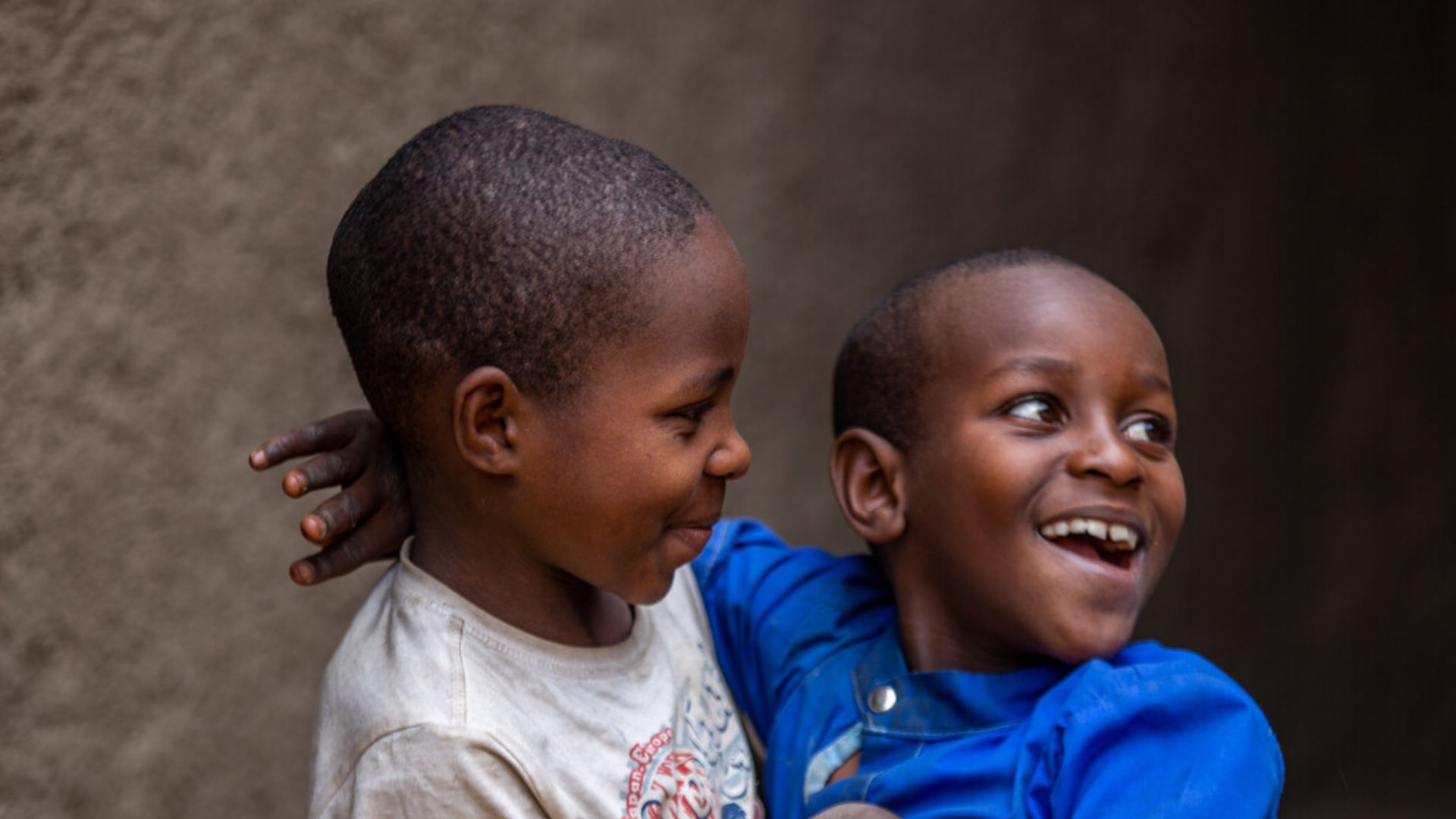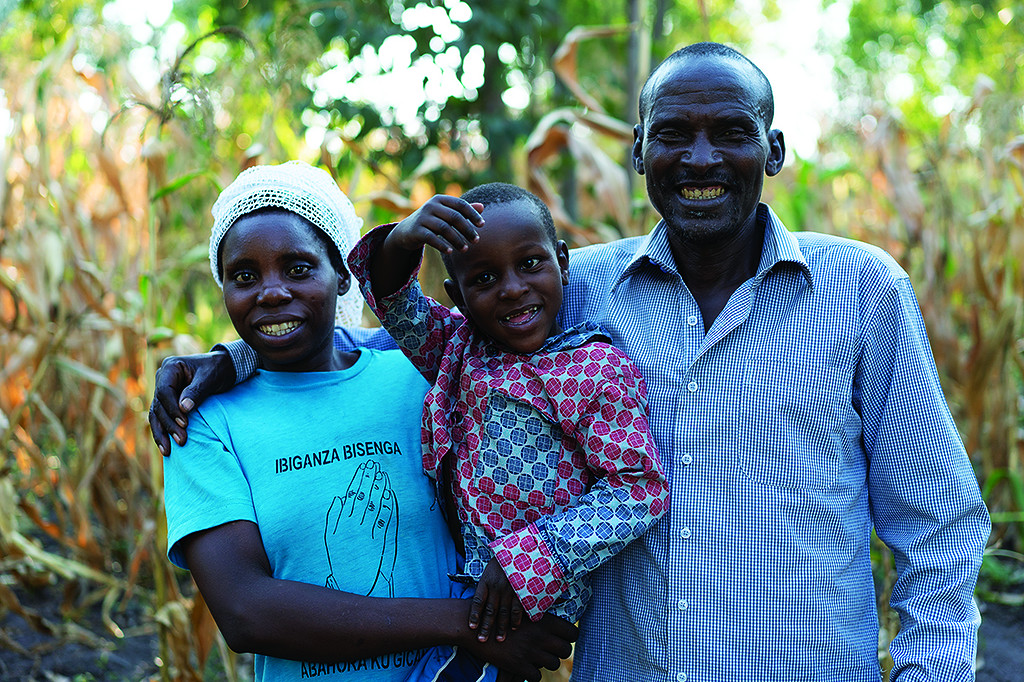Major step forward as the countries of the Commonwealth commit to eliminating orphanages
In June 2022, heads of government and ministers from across the Commonwealth met in the Rwandan capital Kigali for their first summit in 4 years. Hosting this prestigious Commonwealth Heads of Government Meeting (CHOGM) was a proud moment for Rwanda, one of the newest members in the Commonwealth of Nations. To achieve our aim of a world without orphanages, governments and world leaders must first speak up and commit to reform. Rwanda is a country we’ve worked in for many years. With our support, it’s making significant progress towards becoming Africa’s first orphanage-free nation. We’d long earmarked this summit as a unique opportunity to put a spotlight on the needs and rights of some of the world’s most vulnerable children: those living in orphanages. So, as Rwanda prepared to host this event (twice postponed due to the pandemic), we worked diligently and ceaselessly to raise the case for care reform for children and the elimination of orphanages up the agenda of topics for discussion.
The Kigali Declaration
What the Kigali CHOGM achieved went beyond our hopes and aspirations. On Saturday 25th June, the final day of the summit, the Commonwealth made a vital announcement. The Kigali Declaration on Child Care and Protection Reform, a new and far-reaching commitment had been unanimously agreed by the 54 member countries of the Commonwealth.
Our team in Kigali immediately pored through to see what it contained. We were delighted to read that the Declaration contained clear recognition of the harm caused to children by institutionalisation and a clear commitment to progressively eliminate orphanages around the world. The Kigali Declaration also advocates expanding social protection coverage to reduce poverty, strengthen health systems to respond to future pandemics, and tackle underlying causes that lead to children becoming separated from their families in the first place. This speaks directly to the factors we know are necessary to end the incarceration of children – and is a stark reminder of why deinstitutionalisation is such an important component of progress on these global goals.

In recent years, we’ve seen increasing international recognition around the harm of orphanages. The UN, UK, EU and Australia have all made commitments to tackle the scourge of institutionalisation. The Kigali Declaration is another milestone moment in our fight against orphanages. There, in black and white, was a clear recognition of the need to take action.
At Hope and Homes for Children, our thoughts immediately turned to making sure these words don’t just remain nice ideas on paper. We need to see action. We need to see progress. We need to hold countries to account for the promises they’ve made. And that’s where the rest of our hard work is paying off: Rwanda is marshalling African countries to make that difference. It’s leading the way, by investing directly in families and communities to protect and care for children. It’s only a few years away from closing its last orphanage. As Chair of the Commonwealth, Rwanda’s in a position to convene and lead those nations that are already making commitments to eliminate orphanages, by showcasing progress and sharing learning.
And we – together with you, our supporters – will draw on everything we’ve learned over the past 30 years to support this.
Change is already happening
Around the Commonwealth, governments are already taking steps to change the way their most vulnerable children are cared for. Earlier this year Kenya launched a far-reaching Care Reform strategy that lays down a plan for the country to move away from orphanages and to better support vulnerable children and their families. Similar progress can be seen in countries on every continent with promising signs in Uganda, India, South Africa and beyond. The Kigali Declaration is a reflection of this growing momentum. We hope that it will sow the seeds for greater co-operation between countries. After all, what better way to accelerate progress than by us all walking forward together to the beat of the same drum?
Find out more our our recent Rwanda-Kenya learning exchange
It’s a truly significant moment. And one we could only have achieved with the unflinching support of backers like Kate Hobhouse, St. James’s Place Charitable Foundation, UBS Optimus Foundation and Players of People’s Postcode Lottery, who stayed the course with us through delays, never ceasing to believe that our shared plan, to build a better world, would come good.
The modern Commonwealth prides itself on encouraging its member states to innovate, by sharing their approaches to common challenges. This fits neatly with our approach at Hope and Homes for Children. Over 30 years, we’ve learned that by working alongside governments we can help them overcome any challenges or difficulties they have in transforming their care systems. This is one of the reasons we regularly organise learning visits for government officials from one country to learn about the approach of other countries. We now need to take the Kigali Declaration out of the summit conference room and into the ministries of governments around the world. They have to come up with innovative plans to deliver on these commitments – and we will be making sure that they report back on this progress.
As partner after partner, country after country, joins our movement towards the tipping point where orphanages are unacceptable, so our role ensuring commitment turns to action, becomes ever more important. These first green shoots of our strategy appearing indicates that we must redouble our efforts to nurture them; for this, we’ll need every ounce of your support in the year to come.
– Nolan Quigley, Director of Global Advocacy, Hope and Homes for Children


